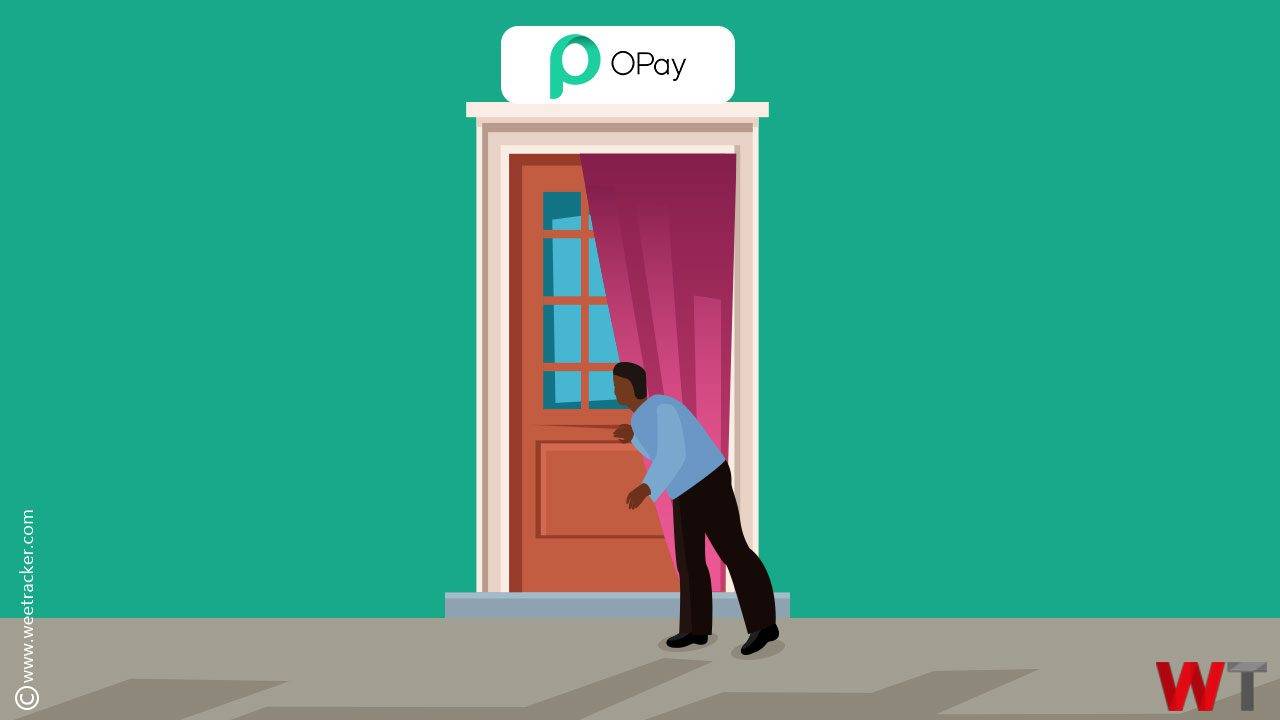At the stroke of dawn on Sunday, May 30, Thompson Odeh hurriedly left his home in a suburb of Port Harcourt, Southern Nigeria, for a bus terminal inside of town. He had made it to the final stages of a recruitment programme organised by one of Nigeria’s top commercial banks and was to appear in a crucial interview the following Monday.
However, once he stood before the cashier to make payment for the trip, everything was suddenly in jeopardy.
“I wanted to pay with my card but the cashier said the POS device wasn’t working and I didn’t have any cash on me. They weren’t accepting transfers either. For a moment, I was lost,” Odeh recalls.
But Odeh was in luck. Just across the road, a small kiosk with “POS” emblazoned on the front was open. “It wasn’t even 6.30 am yet. I crossed the road and got to the shop, that’s where I withdrew the money with which I paid for the trip,” he says. Like millions of other Nigerians, Odeh had been bailed out by the increasingly ubiquitous agent banking shops scattered across Nigeria.
Thanks to the proliferation of these agent shops (commonly called “POS shops”), there’s technically a bank sitting next to (or within) every corner store, mom-and-pop shop, or street junction in most Nigerian cities and suburbs at the moment.
Although official records are not up-to-date, conservative estimates suggest there are close to a million such agents in Nigeria currently - doing a mix of things that include funding of wallets, deposits, transfers, withdrawals, cash-in/cash-out, bank account and cards transfers, airtime and data purchase, bill payments. And chances are one in five of those agent shops are tied to the Opera-incubated startup, OPay.
